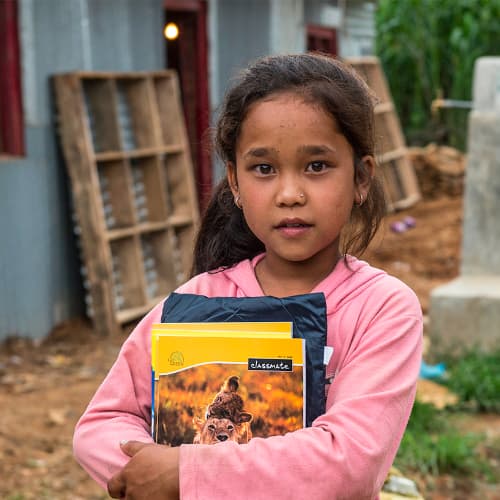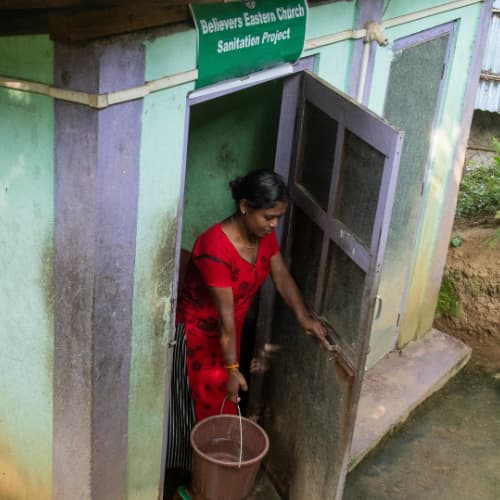Period Poverty
What is period poverty? According to the American Medical Women’s Association, a common definition is, “inadequate access to menstrual hygiene tools and educations, including but not limited to sanitary products, washing facilities, and waste management. Education and advocacy can greatly improve access to hygiene facilities and products, reduce stigma and shame, and encourage education about menstruation.”[1] It is estimated that 500 million women worldwide find themselves included in these period poverty statistics and many of those can’t participate in daily life during their cycle.[2] They don’t have the items they need to manage their periods safely and hygienically and be free from embarrassment and shame.
In fighting this type of poverty, there are many things to consider as solutions. Here are a few:
Sanitary Products – In many areas of the developing world (and in some developed countries too), the poor are not able to afford sanitary products. A United Nations Educational, Scientific and Cultural Organization (UNESCO) report states , “1 out of every 10 menstruating girls misses school during their cycle due to lack of access to menstrual products and resources.”[3] This is unfortunate since education and literacy are the best ways to escape poverty. This sets up teen girls in a disadvantaged situation.
In many developing countries, teen girls resort to using paper, old clothes, leaves, cotton or wool pieces in place of sanitary products.[4] When girls are forced to use unsanitary items, there is risk for disease and infection. It is essential that every girl have access to proper sanitary products.
Education – In many cultures, menstruation often comes with shame and stigma. As education occurs and we can normalize conversations about periods, it will reduce the shame and stigma.[5]
Girls often miss school because they don’t understand what is happening in their bodies. They may assume there is something terribly wrong like a serious medical condition. It is important to education both the girls and their parents about menstruating and how it is a normal part of life and that there is no stigma attached. With education, girls can understand the biological process that is occurring.
In some cultures, girls are afraid to tell their parents they have started menstruating because it means that she is ready for marriage. The United Nations reports, “A young girl’s first period can set off several human rights violations, including child marriage, sexual violence, unintended teenage pregnancy, and the disruption or end of their education.”[6] This should not be. Education is essential.
Hygiene and Sanitation Facilities – When schools do not have sanitation facilities, it impacts the enrollment rate of girls and school attendance. Many African countries, including Ethiopia, Kenya, Uganda, Ghana and Nigeria, have a lack of access to safe, clean, private spaces for menstrual hygiene, according to a 2019 report.[7]
Click here, to read more about this article.
Click here, to read more blogs in Gospel for Asia.Net


Comments
Post a Comment